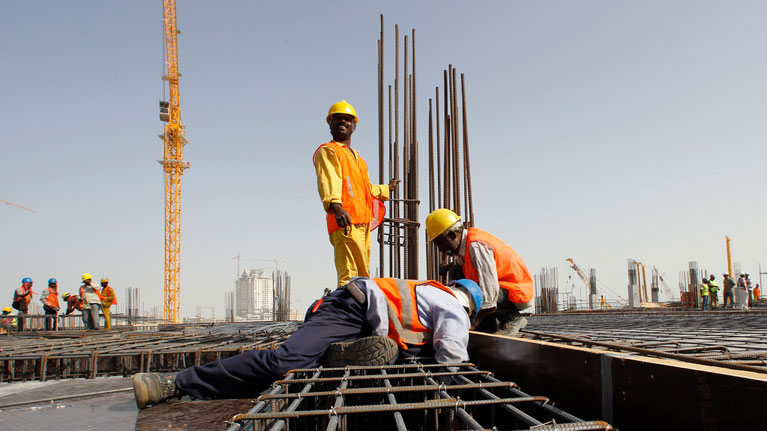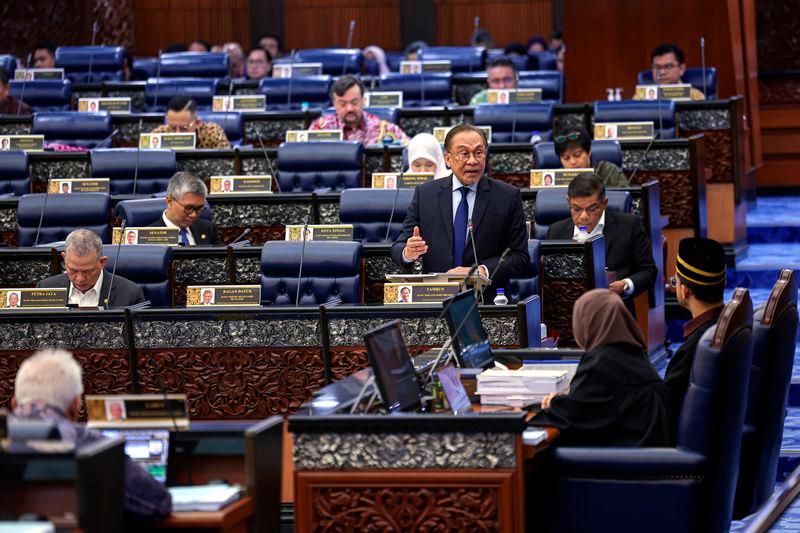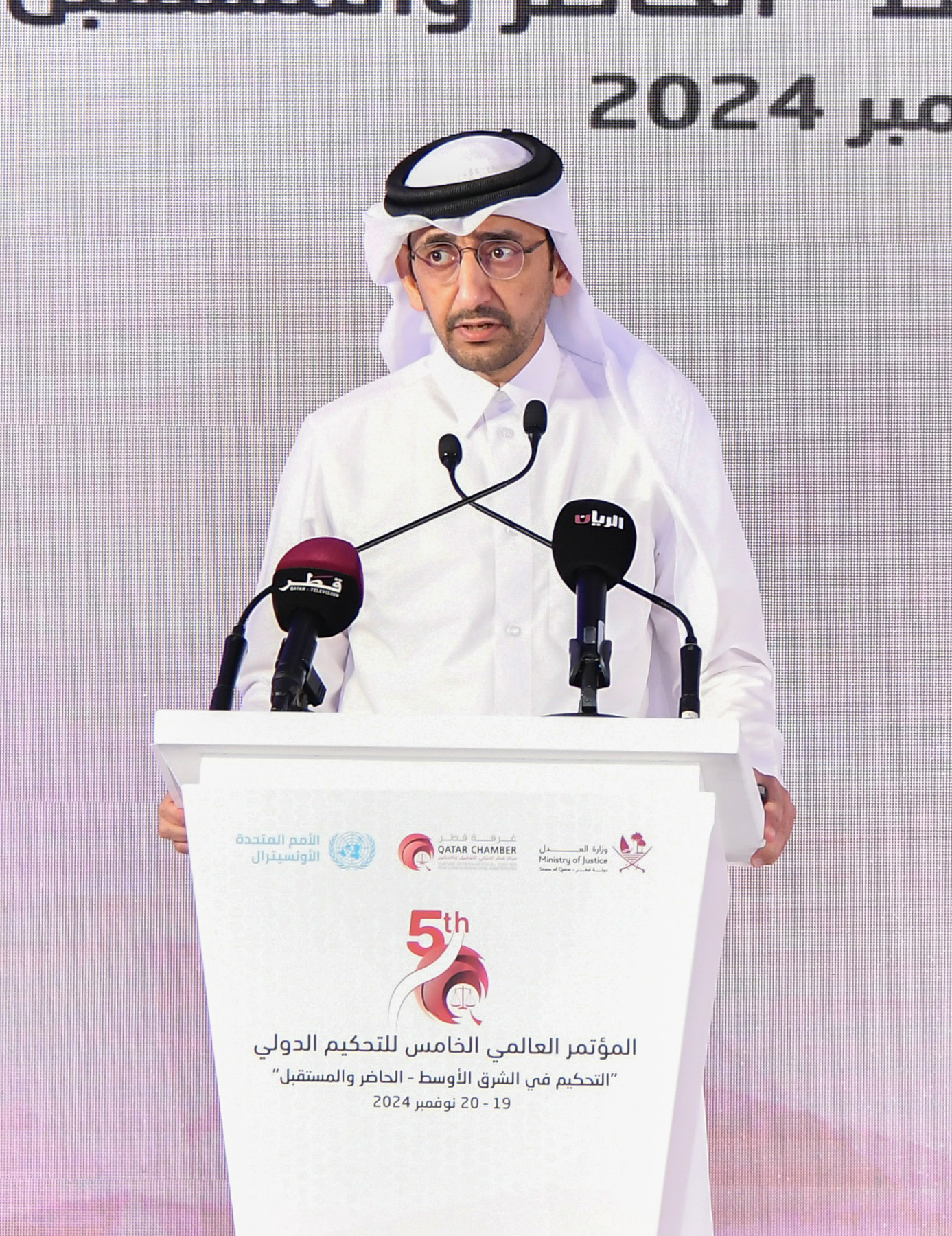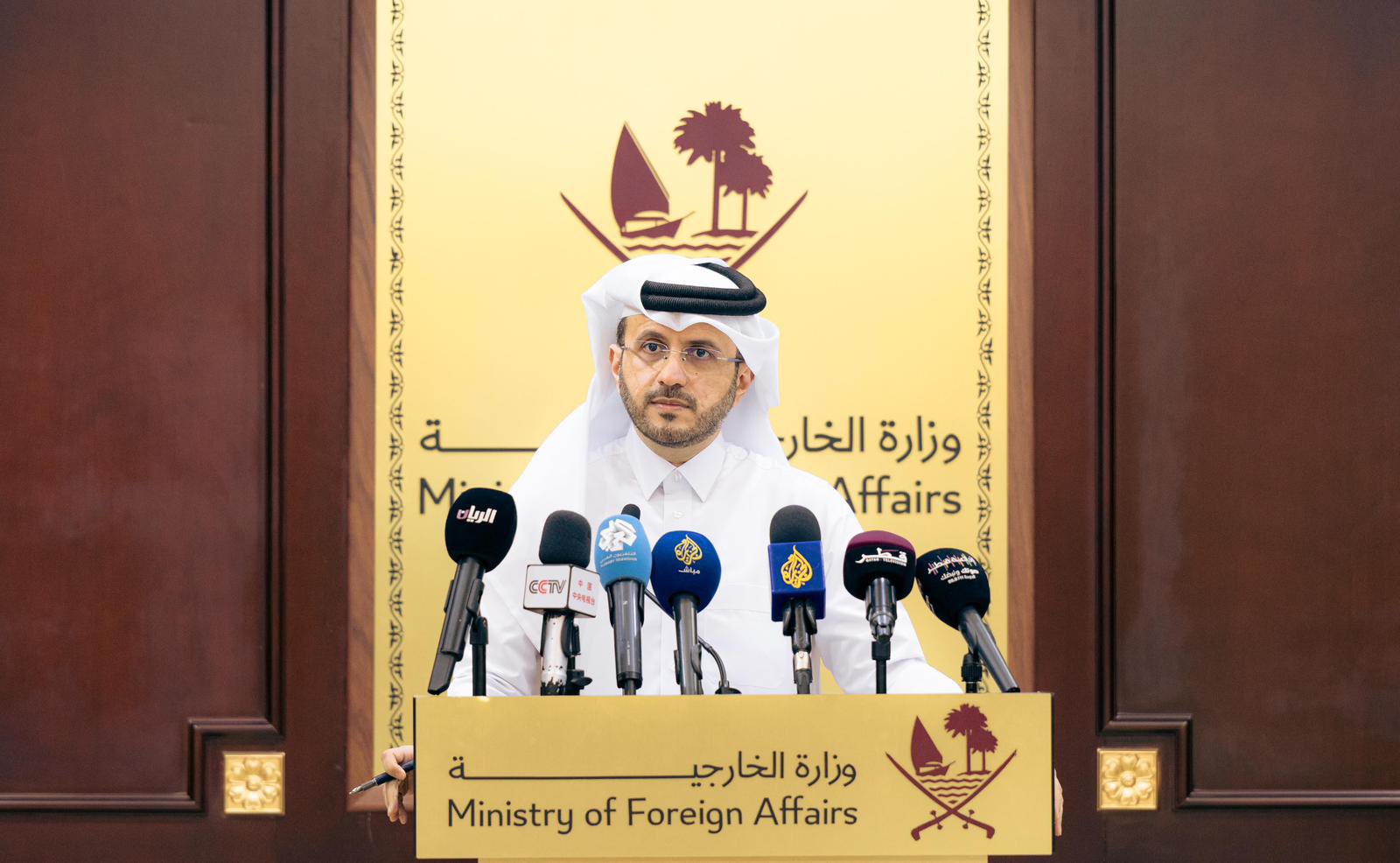Over the last decade, Qatar has seen a number of historic labour reforms.
Qatar and Bangladesh are set to cooperate in the field of human rights that will see them exchange experiences as part of a new agreement signed between the two sides.
This came during a meeting held between Qatar’s Secretary-General of the National Human Rights Committee (NHRC) Sultan bin Hassan Al Jamali and the chairperson of the Bangladesh National Human Rights Commission Nasima Begum.
The NHRC has made significant progress when it comes to connecting with foreign communities, including the Bengali community, one of the country’s largest communities, Al Jamali underlined.
Al Jamali emphasised at the meeting the importance of Qatar’s NHRC in safeguarding and advancing the human rights of all residents and citizens subject to Qatar’s legal authority, as well as its efforts in raising awareness and offering assistance when needed.
This comes as sixty workers were arrested after gathering in the streets to protest six months of unpaid work in Qatar, according to Migrant Rights.
A number of protesters were also deported from the Gulf state for taking part in the demonstration, described by authorities as a breach of public security laws.
Al Jamali highlighted the establishment of foreign community offices at the organisation’s headquarters as a planned and efficient way to connect with all residents.
Al Jamali pointed out that one of these offices is the Bengali community’s office, which aims to spread awareness regarding human rights, in particular labour rights enshrined in national laws.
In addition to working with leaders from the Bangladeshi community to conduct awareness training sessions on rights and obligations, he further pointed out that the NHRC in Qatar collaborates with 30 law firms to offer free legal consultations to petitioners when deemed necessary.
Al Jamali stated that in order to help members of the Bangladeshi community better gain a grip on their rights and learn about legal recourses, the Qatari NHRC has published a pamphlet on labourers’ rights in numerous languages, including Bengali.
As the Gulf nation attempts to stir clear of skilled manpower deficit, Qatar has expressed interest in employing trained and semi-skilled employees from Bangladesh in the healthcare, hospitality, driving, construction, and IT sectors, reports said.
Labour Minister of Qatar Ali bin Saeed bin Al Samikh Al Marri highlighted this in separate meetings with the expatriate welfare minister and the foreign affairs minister in Dhaka this week.
“We have proposed to set up a Bangladesh-Qatar technical training centre to provide skilled workers as per the demand of Qatar,” Shahidul Alam, director general of the Bureau of Manpower, Employment and Training, told The Business Standard.
He also noted that Qatar’s minister has called upon the Bangladeshi workers to attend to their issues legally “rather than staging agitations if any of their rights are violated.”
During a call between Bangladesh Foreign Minister AK Abdul Momen and Qatar’s labour minister, the latter pointed out that the Gulf country is seeking to hire more skilled labourers from Bangladesh in the coming days.
Qatar has hired 12,344 workers from Bangladesh this year alone, compared to the 11,158 amount last year, Bureau of Manpower, Employment and Training has found.
According to hiring firms in Bangladesh, the majority of labourers are employed in the cleaning, driving, and construction industries.
PricewaterhouseCoopers recently polled more than 1,500 Middle Eastern employees, and found that 60% of those in Qatar and 75% of those in Kuwait agreed that their nation lacks skilled workers, the report detailed.
The labour minister praised Bangladeshi workers and noted that Qatar’s labour law has been amended. Foreign workers will receive the same benefits under this law as domestic workers, Al Marri stressed.
This comes as the Gulf country comes under international spotlight and heavy scrutiny over human rights issue ahead of the FIFA World Cup Qatar 2022, prompting authorities to unravel major labour reforms that have been hailed by the global community as ‘historic’.







